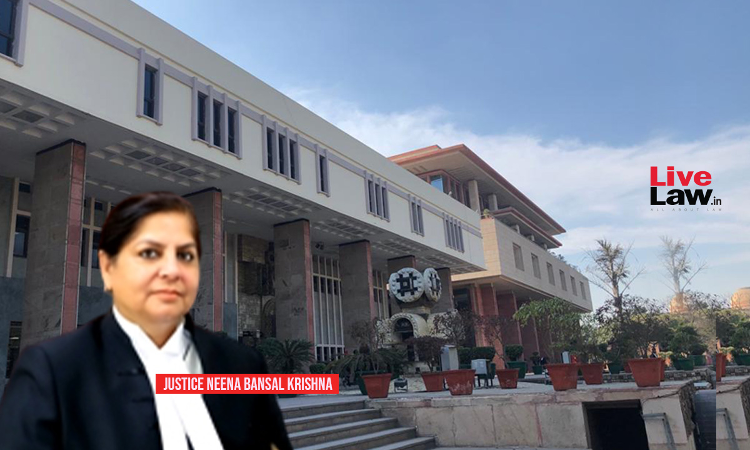S.156(3) CrPC | Magistrate Cannot Direct Police To Register FIR Under Drugs & Cosmetics Act: Delhi High Court
LIVELAW NEWS NETWORK
30 Sept 2025 8:30 PM IST

The Delhi High Court recently quashed a FIR under the Drugs and Cosmetics Act, 1940— lodged by the Police at the direction of a Magistrate under Section 156(3) CrPC.
Justice Neena Bansal Krishna held that violations under the Drugs and Cosmetics Act fall within exclusive domain of the Drugs Inspector and cannot be probed by the Police.
Reliance was placed on Union of India vs. Ashok Kumare Sharma (2020), where having regard to the mandate of Section 32 of the Drugs Act and on a conspectus of powers which are available with the Drugs Inspector, it was held that a police officer cannot register an FIR under Section 154 CrPC, in regard to cognizable offences under Chapter IV (Manufacture, Sale and Distribution of Drugs and Cosmetics) of the Act.
Section 32 relates to Cognizance of offences and stipulates that prosecution under Chapter IV will not be instituted except by an Inspector, authorised gazetted officer, etc. The provision does not empower the police.
In the case at hand, the FIR was lodged on the Magistrate's direction under Section 156(3), following a complaint by the Respondent alleging manufacture of harmful injections by the Petitioner.
The High Court held in the light of law as explicitly explained in Ashok Kumar (supra), the present FIR could not have been registered for any offences under the Drugs & Cosmetics Act by the police, “which is in the exclusive domain of Drugs Inspector.”
Nonetheless, since the FIR also invoked relevant provisions of the IPC in the same transaction, the Court said it lies within the competence of the Police to investigate these offences, under CrPC.
“The guiding light comes from S. 32(3) D&C Act which explicitly provides that “Nothing contained in this Chapter shall be deemed to prevent any person from being prosecuted under any other law for any act or omission which constitutes an offence against this Chapter..,” thereby implying that the FIR for IPC offences shall sustain itself and investigations therein shall be continued by the Police.”
In the case at hand, the Police had invoked Sections 274/275 (adulteration of drugs) IPC, which are non-cognizable offences.
The Court thus held that a FIR could not have been registered for these offences and a NCR ought to have been filed. Nonetheless, stating that it is a mere irregularity under Section 460 CrPC which does not vitiate proceedings, the Court said the Magistrate's action can be deemed to be under Section 155 CrPC (Information as to non-cognizable cases and investigation of such cases).
Coming to the facts of the case however, the Court found that the offences alleged under IPC were not made out against the Petitioner. As such, the Court quashed the FIR.
Appearance: Mr. Aditya Singh Deshwal and Mr. Daksh Sharma, Advocates for Petitioners; Mr. Utkarsh, APP for the State with SI Sonu Kumar PS. OIA. Mr. Biswajit Swain and Mr. Akhil Ganga, Advocates for Respondent No. 2 to 4 I.E.
Case title: Revacure Lifesciences LLP & Ors. v. State & Ors.
Citation: 2025 LiveLaw (Del) 1232
Case no.: CRL.M.C. 2085/2021


